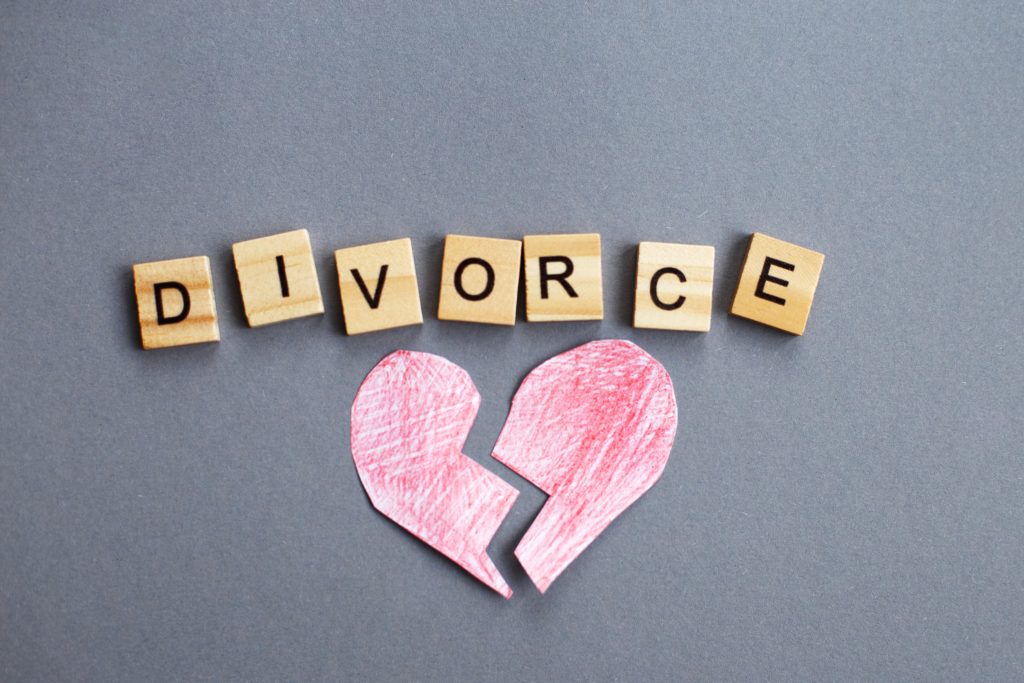
Divorce is one of life’s most challenging and emotionally charged events, and it is surrounded by a cloud of misinformation and fear. These pervasive divorce myths, often perpetuated by television dramas and societal stigma, can create unnecessary anxiety and lead people to make poor decisions during an already difficult time. Understanding the reality of the divorce process is crucial for navigating it with clarity and confidence. By debunking these common misconceptions, you can better prepare for the road ahead and focus on building a stable future. This article will dismantle five of the most persistent divorce myths to reveal the truth.
1. Divorce Always Ends in a Vicious Court Battle
One of the most intimidating divorce myths is the idea that every separation inevitably results in a dramatic, high-conflict courtroom showdown. The reality is that the vast majority of divorce cases—upwards of 90%—are settled out of court through less adversarial methods. Processes like mediation, collaborative divorce, and direct negotiation allow couples to reach agreements on their own terms, saving time, money, and emotional distress. While some cases do require a judge’s intervention, a bitter court battle is the exception, not the rule, for most separating couples.
2. Mothers Almost Always Get Full Custody of the Children
This is an outdated belief left over from a time when traditional gender roles were more rigid. Decades ago, the “tender years” doctrine often favored mothers, but modern family law has evolved significantly. Today, courts in nearly every state prioritize the “best interests of the child,” which usually means ensuring both parents have frequent and continuing contact with their children. Joint custody arrangements, where both parents share legal and often physical custody, are now the norm rather than the exception. Fathers have just as many rights as mothers, and decisions are based on parenting ability, not gender.
3. Adultery Will Ruin the Cheating Spouse in Court
When infidelity is the cause of a breakup, the betrayed spouse often believes the court will severely punish the unfaithful partner. While adultery can feel like the ultimate betrayal, it typically has very little impact on the legal outcome of a divorce. In “no-fault” divorce states, the reason for the split is irrelevant, and assets are divided based on marital property laws, not morality. While proven infidelity might occasionally influence alimony decisions or custody if the behavior negatively impacted the children, it does not automatically mean the cheating spouse will lose everything. This is one of the most emotionally charged divorce myths.
4. You Automatically Get to Keep “Your” Property
Many people assume that if an asset, like a bank account or a car, is in their name only, it belongs to them after a divorce. However, this is one of the most misunderstood divorce myths. In most states, any assets, income, or debt acquired during the marriage are considered “marital property,” regardless of whose name is on the title. This means that your salary, your retirement account, and the house you bought together are all subject to equitable distribution between both parties. The concept of “yours” and “mine” largely dissolves and becomes “ours” in the eyes of the law.
5. One Person Can Refuse to Grant a Divorce
The idea that one spouse can “trap” the other in a marriage by refusing to sign divorce papers is a common but completely false belief. You do not need your spouse’s permission to end a marriage. While an uncooperative partner can certainly delay the process and make it more complicated and expensive, they cannot stop it from happening indefinitely. If one person files for divorce, it will eventually be granted by the court, even if the other person ignores the paperwork or actively refuses to participate in the proceedings.
Navigating Divorce with Factual Clarity
Letting go of these common divorce myths is the first step toward reducing fear and taking control of your future. The divorce process is rarely as dramatic or punitive as popular culture suggests, and it is governed by established legal principles, not by emotion or blame. By approaching your separation with a clear understanding of the facts, you can make informed decisions, engage in a more productive process, and focus on the ultimate goal: moving forward. Seeking advice from a qualified legal professional can further demystify the process and provide a clear path forward.
What is the biggest misconception you think people have about divorce? Share your perspective in the comments.
Read More:
8 States Where Cheating Can Still Impact Divorce Settlements
11 Times Divorce Was the Best Thing That Ever Happened
The post 5 “Divorce Myths” That Simply Aren’t True appeared first on Budget and the Bees.







